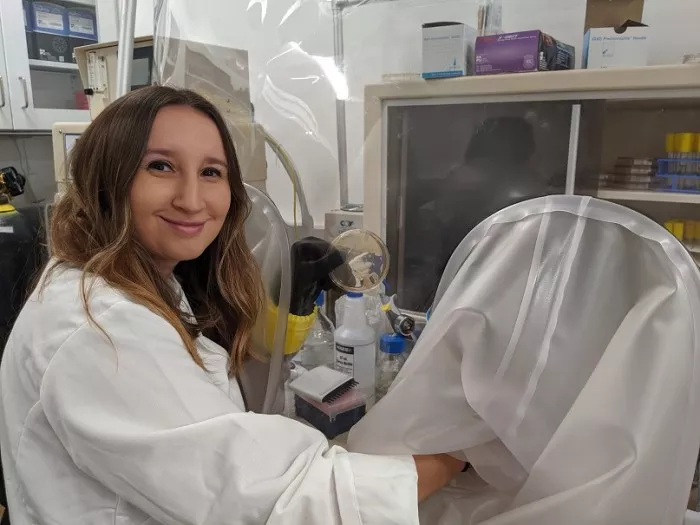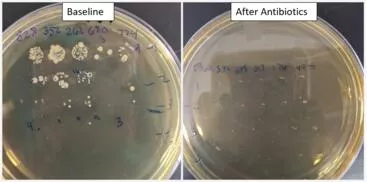As our understanding of the relationship between gut microbiome and human health continues to deepen, research has clarified the direct benefits that exercise can bring to the bacteria in our stomachs. But some scientists have been wondering whether the opposite is true, and whether the composition of these bacterial communities can affect exercise performance? A new mouse study shows that it can indeed, and offers the prospect of a treatment that sounds incredible and can help people get up and move on the sofa.

New research by scientists at the University of California, Riverside builds on another interesting discovery in 2019. The study led by Harvard University evaluated the intestinal microbiome of 15 elite athletes and found that the level of a special intestinal bacteria was increased, which proved to have a unique preference for lactic acid as a fuel source. The treadmill test in mice showed that the presence of this bacterium resulted in a significant increase in depletion time.
The authors of this new study have been exploring similar questions about whether gut bacteria can affect voluntary exercise behavior. Their work also focused on mice, one of which was designed as a high-level runner, and another group of normal mice as a control. Antibiotics were injected into mice to kill the basic species of intestinal bacteria, which was confirmed by stool samples after 10 days of treatment.
Subsequently, the wheel running level of the selected "Sports" mice was reduced by 21%, and they did not return to a high level of running ability even 12 days after the treatment was stopped. The behavior of normal mice was not significantly affected by the treatment, and neither group of mice showed any signs of disease, which enabled the research team to attribute the effect to the lack of intestinal bacteria.

Study author Theodore garland said: "we believe that the intestinal bacterial assemblage of animals, i.e. its microbiome, will affect the digestive process and muscle function, as well as the motivation of various behaviors, including exercise. Our research strengthens this belief.".
As for how bacteria or lack of bacteria confer these effects, scientists believe that this is due to their role in converting carbohydrates into chemicals that regulate muscle performance. This raises the possibility that certain microorganisms can be deployed as therapeutic agents to increase a person's motivation for voluntary exercise, and identifying candidates will be the next step for researchers. If we can identify the right microbes, it is possible to use them as a treatment to help ordinary people do more exercise.
The Harvard University study mentioned above points out the possibility of developing probiotics to improve exercise desire. The author of this new study points out that this is still a new research field, and the results of this study highlight the importance of healthy diet. We know from previous studies that Western diet with high fat and sugar will have a negative impact on human intestinal biodiversity, which may extend to exercise ability and even affect the motivation of exercise.
The study was published in the journal behavioral processes.